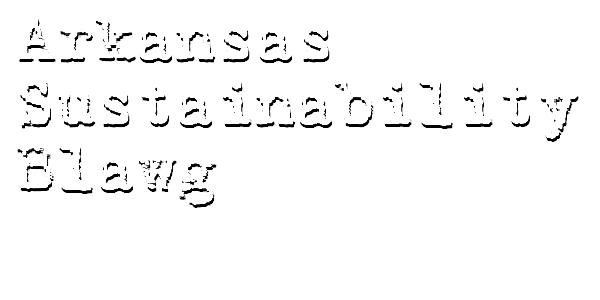HB 1118 does present some practical concerns. I’m most troubled by the fact that it does not provide for judicial review of decisions denying qualified project status, and makes no provision at all for review of whether an expenditure qualifies as a “rehabilitation or development expenditure.” This is not just because I’m a lawyer and stand to profit from another chance to go to court, but because if improvement districts do not come up with consistent, credible criteria for evaluating proposed qualified projects and apply those criteria fairly, we have a system susceptible to abuse and manipulation.
Second, is a tax credit of 20% of up to the first million in qualified investment enough to encourage significant development? Consider that the Clinton Presidential Library, which holds a LEED Platinum certification, cost in excess of $125 million. I recognize that the Clinton Library is not representative of the types of projects that we are most likely to see in a central business improvement district, but the fact is that in this day and age a million-dollar development is relatively small scale – particularly when you are talking about providing Class-A office, retail, and residential space while meeting the demands of historical preservation and some form of sustainable certification.
HB 1118 also provides that “a taxpayer who receives an investment tax credit under this section shall not claim any other state or local tax credit or deduction based on the qualified rehabilitation or development expenditures except for the deduction for normal depreciation of the eligible central business improvement district property.” I can envision some problems enforcing and applying this provision. What if a developer purchases HVAC equipment that would normally be tax-exempt as the purchase of renewable resource equipment (see HB 1036/1037)? Must the developer insist on paying the sales and use tax to preserve the tax credit?
Last, as an advocate of sustainability, I note that HB 1118 is not, per se, a sustainalaw, since it treats green projects and non-green protects the same. Why not fashion a law that rewards sustainable development? The easiest way would be to provide for expedited consideration and increased tax credits for sustainable projects.
HB 1118 is headed for the House Committee on Revenue & Taxation. Stay tuned!

No comments:
Post a Comment
I welcome your comments. By commenting on this blog, you accept the blog's terms of use. You must use your first and last name when posting, and you must stay on topic.